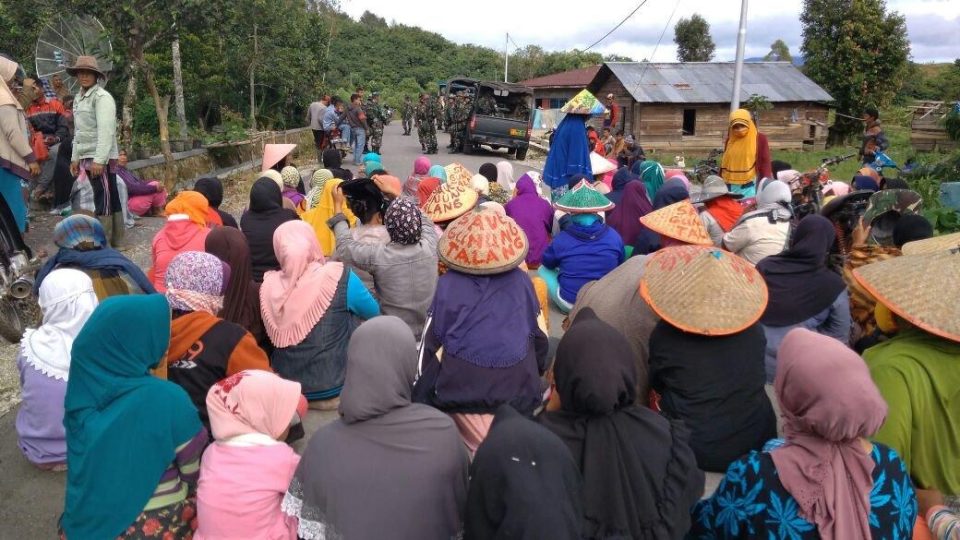A study to be done in the Ulubelu region in Tanggamus Regency in Lampung, Indonesia aims to evaluate the impact, whether positive or negative, of geothermal development in food and water resources, as well as on the local communities. The study is a collaboration between the Ministry of Energy and Mineral Resources (ESDM), the United Nations Development Programme (UNDP) Indonesia, and the SDGs Center at Padjadjaran University in Bandung.
Ulubelu was chosen as the study site as it is the location of one of the largest geothermal power plants in the country, the 220-MW Ulubelu geothermal complex operated by PT Pertamina Geothermal. The facility supplies electricity to Lampung, and offers the potential to provide both benefits and challenges for the good, water, and community sectors.
For the food sector, geothermal can supply heat for direct use applications in agriculture, such as crop drying, heating, greenhouses, and coffee processing. However, appropriate measures must be in place to ensure that land conversion for geothermal development does not impact food production and crop health. The water requirements of geothermal operations must also be balanced with the needs of the community and the local agricultural sector, taking care to avoid changes in the quality of surface water and groundwater.
From a societal perspective, geothermal projects in Indonesia have been met with social issues related to land use, safety, and impact on people’s livelihoods. This emphasizes the need for early community engagement and and maintaining transparency with locals.
The study will include coordination meetings, technical discussions, and field surveys of geothermal pilot projects. The results will be presented to the Indonesian National Development Planning Agency (Bappenas) as input for the framework of the national Water-Energy-Food (WEF) Nexus Roadmap. The findings will be used by Bappenas to create sustainable development policies that take into consideration energy needs, food security, water availability, and the people’s well-being.
“The documentation and scientific studies conducted will be an important basis for refining geothermal development in the future,” explained Irman Wahyu Kurniawan, Senior Geothermal Inspector at the Directorate General of New, Renewable Energy and Mineral Resources (EBTKE).

